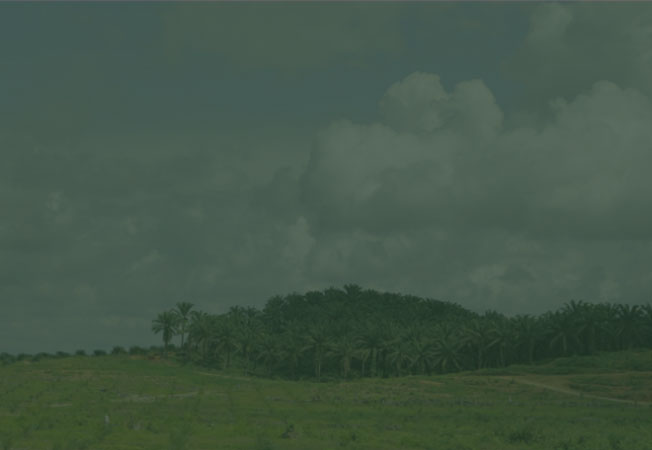Sustainability: Sustainable Development - Responsible Sourcing


Responsible Sourcing
Our Commitment to Responsible Sourcing
At REA, we ensure that all of our suppliers and contractors adhere to our policies, legal requirements, and sustainability commitments to protect forests, uphold human rights, and support local livelihoods.
In 2024, our operations involved:
Our Sourcing Policy at a Glance
REA require suppliers to comply with our sustainable palm oil sourcing policy by 2030. This commitment includes rigorous due diligence, enhanced traceability, and meaningful engagement with smallholders, NGOs, and governments.
To ensure responsible sourcing, we focus on:
- All new suppliers must undergo a thorough due diligence process.
- Suppliers must agree to comply with REA’s policies before contracts are signed.
- Deadline: All FFB sourcing contracts are required to adhere to this process by December 2024.
- Suppliers are required to provide plantation traceability data, including polygon maps.
- REA’s field team validates these maps for accuracy.
- All maps from existing suppliers will undergo independent verification by December 2025.
- We assist and support smallholders in obtaining the necessary legal documentation, such as:
- Surat Keterangan Tanah (SKT)
- Surat Tanda Daftar Budidaya (STDB)
- independent assessments to be carried out by third parties
- REA will work with NGOs, communities and the government to:
- Promote smallholder replanting programmes.
- Support 800 smallholders to achieve RSPO certification by 2027.
All suppliers to meet our sourcing policy.
Our Zero-Tolerance Policy
REA does not knowingly source from suppliers involved in illegal activities, such as, but not limited to:
- Deforestation
- Human rights violations
- Land or labor exploitation
We take proactive measures to ensure that all grievances and risks are handled transparently and fairly.
Supplier Due Diligence Process
To ensure a sustainable and ethical supply chain, REA has implemented a robust Supplier Due Diligence Process. This process is designed to evaluate suppliers, monitor compliance, and address any violations swiftly.
Step-by-Step Process

Step 1
Supplier Assessment
- Every new supplier is subjected to a preliminary screening to ensure compliance with REA’s policies.
- Contracts are finalised and signed only upon a commitment to our sourcing requirements.

Step 2
Traceability and Mapping
- Suppliers are required to provide plantation traceability data and polygon maps for validation by REA’s team.
- REA’s team ensures accuracy, followed by independent third-party verification.

Step 3
Risk Monitoring and Alerts
- Continuous monitoring through Satelligence alerts and stakeholder reports.
- Any risks related to deforestation or policy violations are flagged for investigation.

Step 4
Grievance Investigation
- Complaints, deforestation alerts or risks are investigated within 30 days.
- The procedure involves engaging suppliers, gathering evidence and data, supporting documentation, and reporting the findings to the group chief sustainability officer and management.

Step 5
Corrective Actions
In cases of proven violations:
- Suppliers must respond, clarify the issues, and commit to a time-bound action plan within 30 days.
- REA continuously monitors progress and holds suppliers accountable.

Step 6
Escalation and Suspension
- Failure to respond, commit, or make progress will result in the suspension of sourcing.
- Action timeframe: Cease sourcing within 14 days.
For serious violations (e.g., continuous deforestation), REA will assess on a case-by-case basis whether to issue a stop-work order or suspend the supplier.